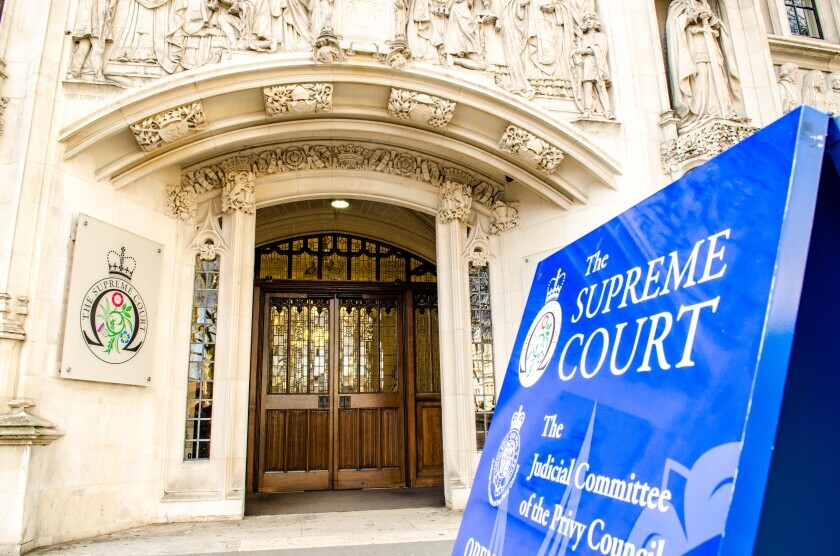The UK Supreme Court has today ruled unanimously that only people, and not artificial intelligence tools, can be inventors under UK patent law.
The keenly awaited decision is a final defeat for the legal team behind the so-called DABUS case that sought to establish an AI tool as the inventor of a food storage system.
Stephen Thaler, a computer scientist who developed the DABUS system, applied for two patents for food storage systems that he said were autonomously created by the AI tool.
The UKIPO rejected the applications on the basis that UK law requires a natural person to be named as an inventor.
Thaler and his legal team, led by Ryan Abbott, appealed the decision through the courts, culminating in today’s ruling.
The England and Wales Court of Appeal upheld earlier decisions by the UKIPO and England and Wales High Court in September 2021.
A dissenting opinion from influential IP judge Lord Justice Colin Birss at the Court of Appeal gave hope to supporters of AI inventorship.
Birss said Thaler had fulfilled his obligations under the Patent Act by identifying who he believed to be the inventor and that the patents should be allowed.
But the Supreme Court was unequivocal.
“We conclude an inventor must be a natural person,” said Lord Justice David Kitchin, reading the judgment on behalf of the court.
“Only a person can devise an invention … parliament did not contemplate the possibility that a machine, acting on its own and powered by AI, can be an inventor.”
This was Kitchin’s final judgment for the Supreme Court after he formally retired in September.
A full analysis of the decision will follow on Managing IP later this week.











